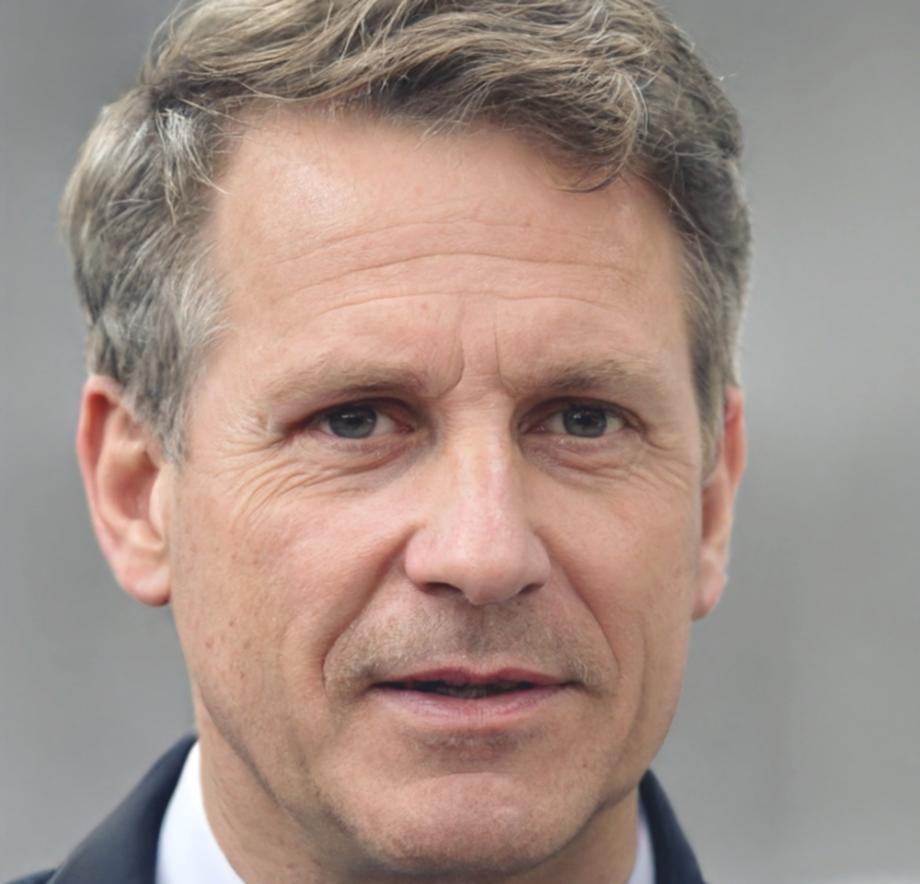Master the Conversations That Matter Most
Financial negotiations aren't about winning arguments. They're about finding agreements that actually work. We teach you the real-world skills that experienced negotiators use when the stakes are high.
Explore Our Programs

What Makes Financial Negotiations Different
You're not negotiating office space or software licenses here. Financial negotiations have their own rhythm, their own unwritten rules. And the people who understand these nuances consistently get better outcomes.
Reading Beyond the Numbers
Every financial proposal tells a story. We teach you to spot the assumptions hiding in spreadsheets and understand what motivations drive the numbers being presented. Sometimes the real negotiation starts where the financial model ends.
Building Credible Positions
Your position needs to make financial sense before it makes emotional sense. You'll learn to construct arguments that hold up under scrutiny while remaining flexible enough to find common ground when it matters.
Managing Complex Stakeholders
Financial decisions involve multiple parties with different interests. We show you how to navigate these relationships without losing sight of your objectives or compromising relationships that extend beyond this one deal.
Handling High-Pressure Moments
Deadlines, competing offers, unexpected objections. Financial negotiations rarely go according to plan. You'll practice responding to pressure in ways that keep negotiations moving forward rather than shutting them down.
How Our Training Actually Works
This isn't theory from textbooks. It's based on real negotiations that happened in Melbourne boardrooms, Sydney offices, and Brisbane deal rooms. Our programs start in September 2025 and run through early 2026.
Foundation Phase
You'll start with the frameworks that experienced negotiators use instinctively. Not formulas you memorize, but mental models that help you make sense of complex situations quickly.
Application Practice
Then you'll work through realistic scenarios based on actual Australian financial negotiations. These aren't simplified case studies. They're messy, complicated situations where the right answer isn't obvious.
Personal Development
Finally, we focus on your specific challenges. Maybe you struggle with pushing back on aggressive counterparts, or you tend to concede too quickly. We address what's actually holding you back.
Investment in Your Development
Choose the level of support that fits where you are in your career. Both options include the same core content, just different levels of personalized guidance.
Core Program
The complete training curriculum delivered through structured sessions. You'll get access to all materials, scenario practices, and group discussions with other participants.
- Eight comprehensive training sessions
- Twenty realistic negotiation scenarios
- Group practice with peer feedback
- Full resource library access
- Program completion certificate
Mentored Track
Everything in the core program plus individual coaching sessions where we work on your specific negotiation challenges and upcoming real-world situations.
- All core program components
- Four private coaching sessions
- Preparation for your actual negotiations
- Post-negotiation debriefs and analysis
- Extended support through March 2026

Lennart Ström
Lead Instructor
Learning from Someone Who's Been There
"I spent fifteen years negotiating deals where getting it wrong meant real consequences. Not just for me, but for the people whose jobs and futures depended on the outcome. That experience shaped how I teach now."
Lennart has negotiated everything from corporate acquisitions to restructured debt agreements across Australia and New Zealand. What he brings to this program isn't academic theory. It's pattern recognition from hundreds of actual negotiations and an understanding of what separates good outcomes from mediocre ones. He knows that skills matter more than tactics, and that sustainable agreements come from understanding interests rather than just positions.
Learn More About Our Approach